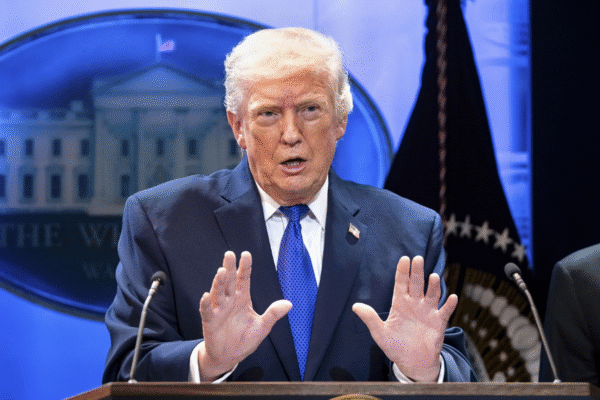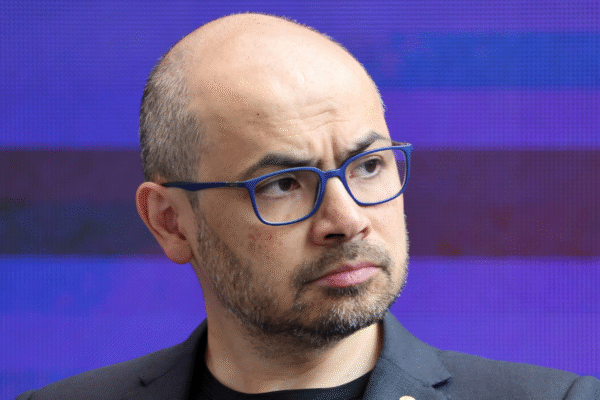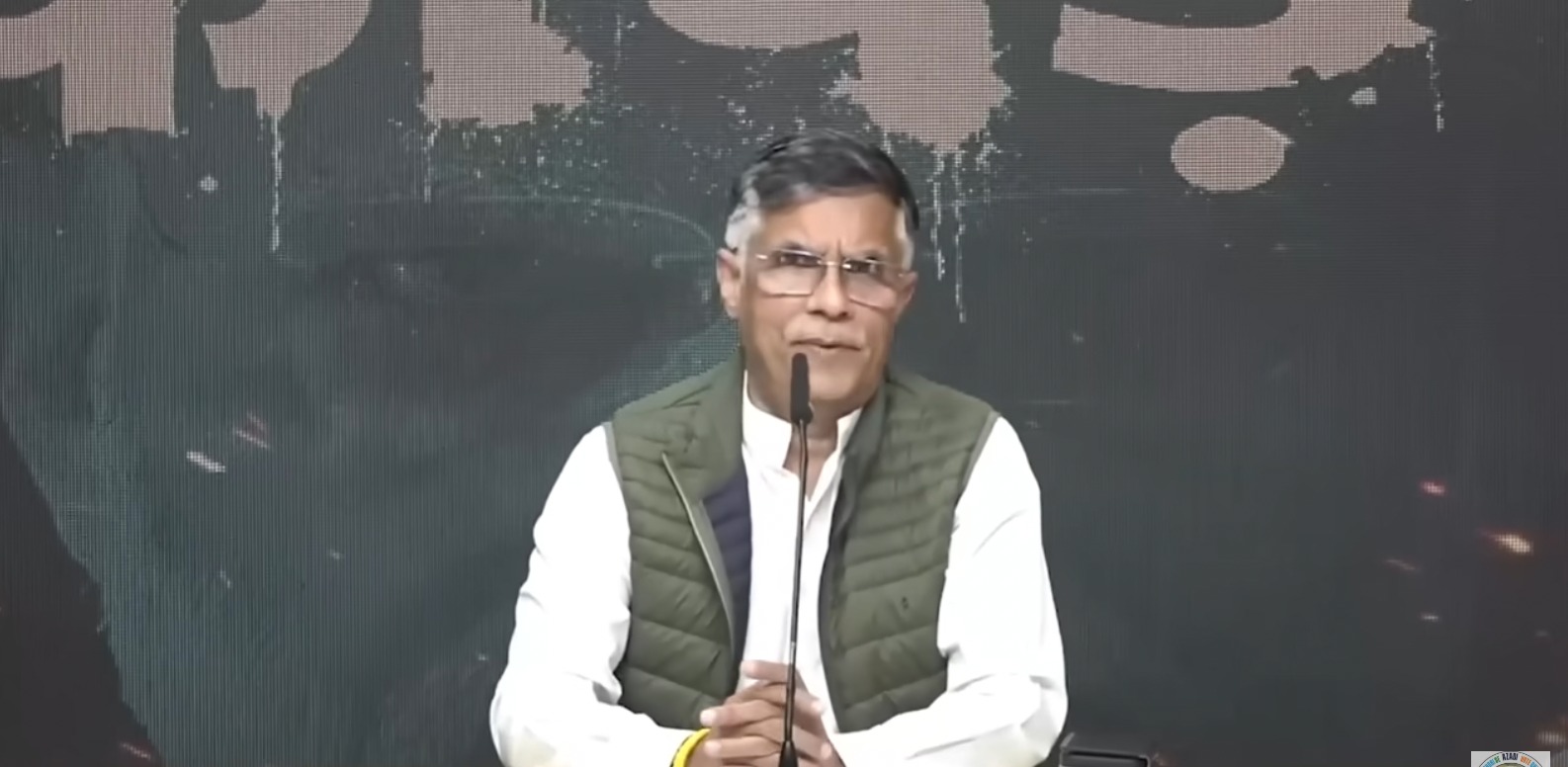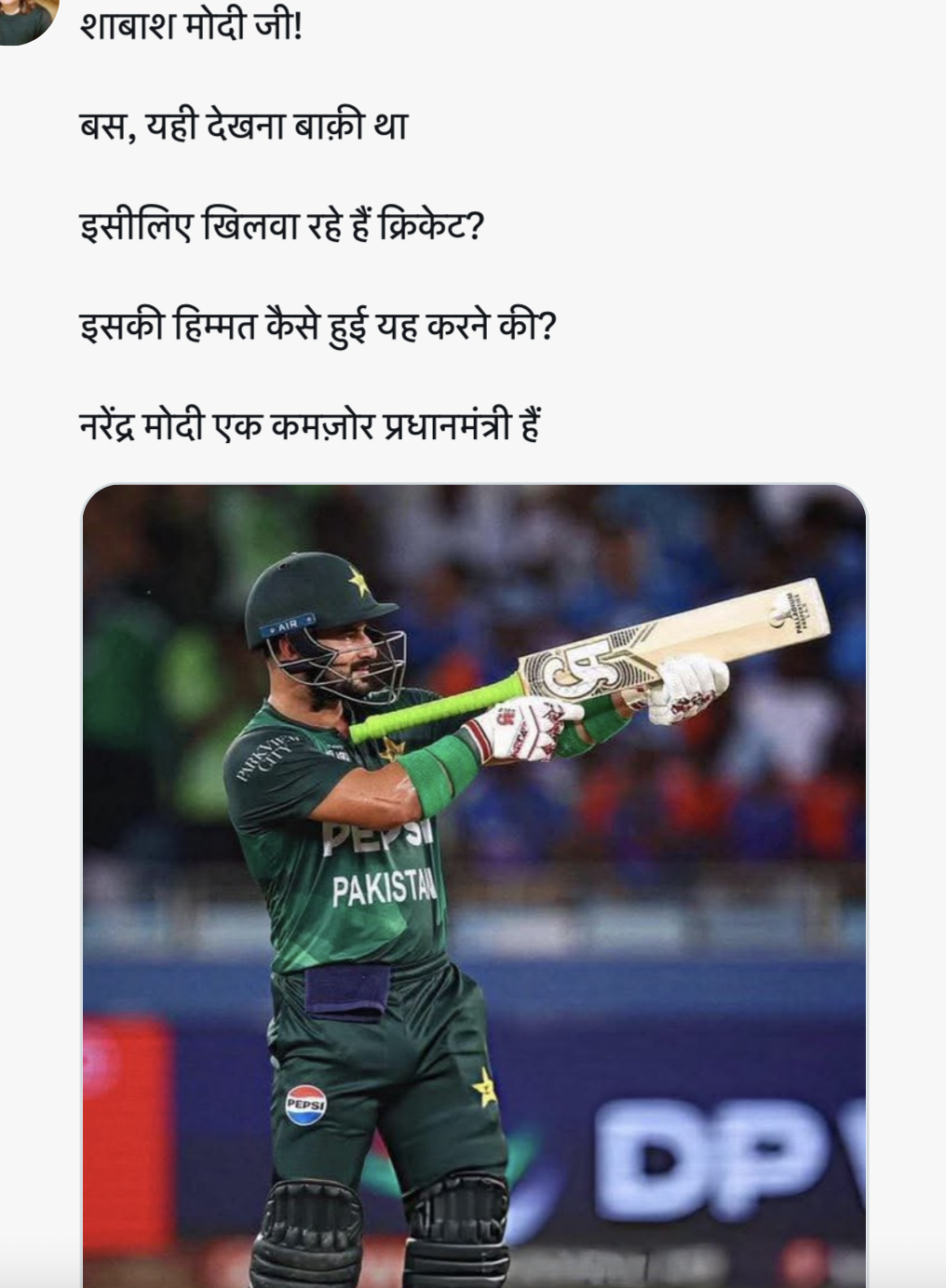

Vote Chori in India: Did Rahul Gandhi Expose Voter Fraud?
IVote chori in India has become a national talking point once again, after a fiery press conference by Congress leader Rahul Gandhi. His claims suggest a deeper threat to India’s democratic process—allegations of voter list manipulation, digital fraud, and electoral malpractice. The central question remains: did vote theft really occur in Karnataka’s Aland Assembly constituency, or is this another chapter in India’s never-ending political blame game?
Where the Vote Chori Allegations Began
The controversy began with the 2023 Karnataka Assembly elections. Rahul Gandhi accused the BJP and the Election Commission of India (ECI) of orchestrating a digital fraud. According to him, over 6,000 names were illegally deleted from the electoral rolls in the Aland constituency using fake Form 7 submissions.
These forms were allegedly filed using mobile numbers from other states and unknown IP addresses. Gandhi claimed that this deletion was not accidental. He called it a coordinated attempt to erase votes that were likely to go in Congress’s favor.
Rahul Gandhi’s statement was not without backup. The Karnataka CID reportedly sent 18 letters in 18 months to the ECI, demanding access to technical data like IP logs, device IDs, and OTP histories. The ECI did not respond, leading to accusations of a cover-up.
BJP’s Response: Dismissal and Counterattack
Union Minister G Kishan Reddy dismissed Rahul Gandhi’s charges. He accused Gandhi of not even understanding how voter lists are prepared. According to Reddy, the Election Commission manages voter rolls, and government officials at various levels oversee the process.
BJP leaders like Devendra Fadnavis called Gandhi’s allegations “a hydrogen bomb that turned out to be a balloon.” Others like Giriraj Singh branded him a confused leader making baseless claims without presenting actual evidence to courts or the media.
The ECI also denied wrongdoing. It claimed that no illegal deletions were made and that the process of name removal followed standard protocol. However, the Commission did file an FIR in Aland in 2023, acknowledging that some deletion requests appeared suspicious.
Is There Proof of Vote Chori in India?
The debate over vote chori in India hinges on whether these fraudulent deletion attempts actually affected the outcome. While Rahul Gandhi and Congress argue that over 6,000 names were wrongly removed, the ECI maintains that the deletions were either corrected or not acted upon.
Still, several leaders—including DK Shivakumar, Priyanka Gandhi, and Chief Minister Siddaramaiah—supported Gandhi’s claims. Siddaramaiah went further by demanding that the ECI hand over all technical data to the CID. He warned that failing to do so would signal complicity.
Congress even pointed out that an FIR was filed by the ECI, not just by their party, suggesting that the Commission had seen merit in their complaints—at least initially.
A Wider Pattern? Not Just in Karnataka
Congress leaders allege that Aland is not an isolated case. Maharashtra Congress leader Subhash Dhote claimed that over 18,000 fake voter additions took place in the Rajura constituency. The Aam Aadmi Party (AAP) echoed similar concerns, alleging mass voter deletions in Delhi before the 2025 elections.
Sachin Pilot, leading a “Voter Rights Yatra” in Chhattisgarh, accused the BJP and ECI of deleting votes via digital manipulation. These allegations point to what the opposition sees as a nationwide pattern—not a one-time event.
Whether or not vote chori in India is conclusively proven, the issue has raised serious concerns. If thousands of names were deleted through digital means, it undermines public trust. On the other hand, if the claims are exaggerated, they erode confidence in democratic institutions like the Election Commission.
The real danger lies in the lack of transparency. The ECI’s refusal to provide technical logs to the investigating agency fuels speculation. At the same time, political leaders on both sides are using the issue to fire up their voter base.
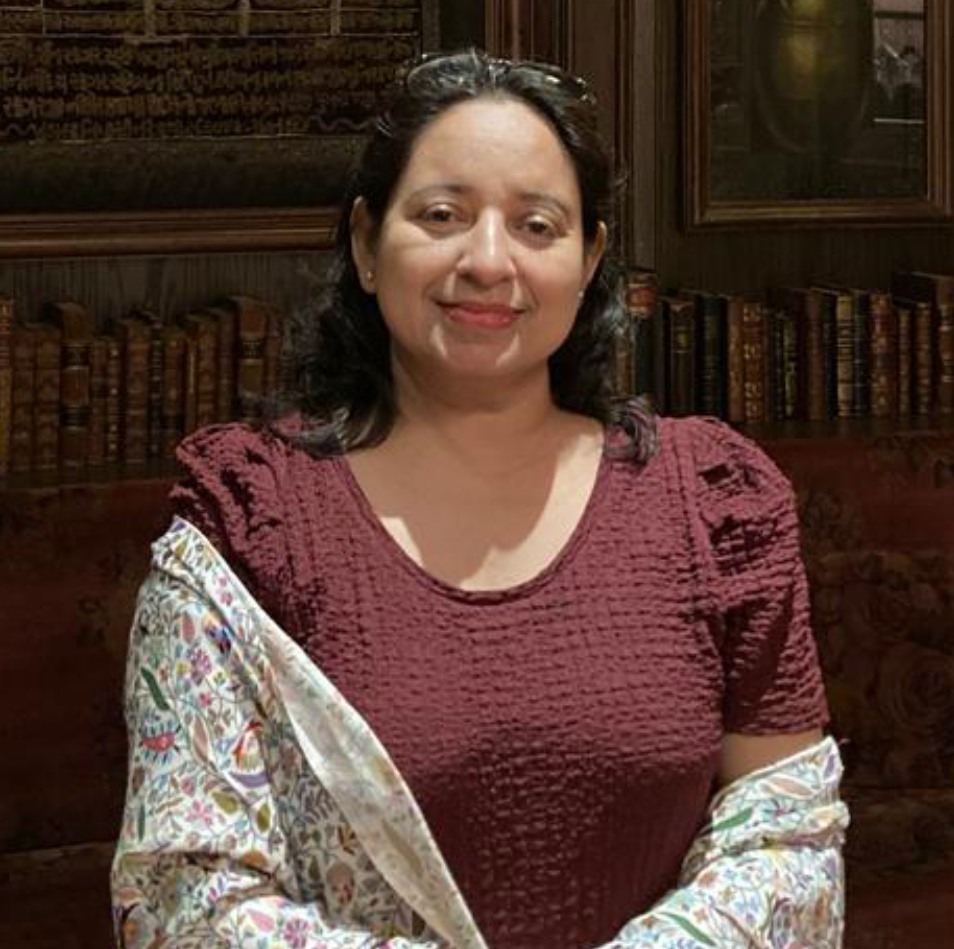
Prabha Gupta is a veteran journalist and civic thinker dedicated to the constitutional ideals of dignity and institutional ethics. With over thirty years of experience in public communication, her work serves as a bridge between India’s civil society and its democratic institutions. She is a prominent voice on the evolution of Indian citizenship, advocating for a national discourse rooted in integrity and the empowerment of the common citizen




